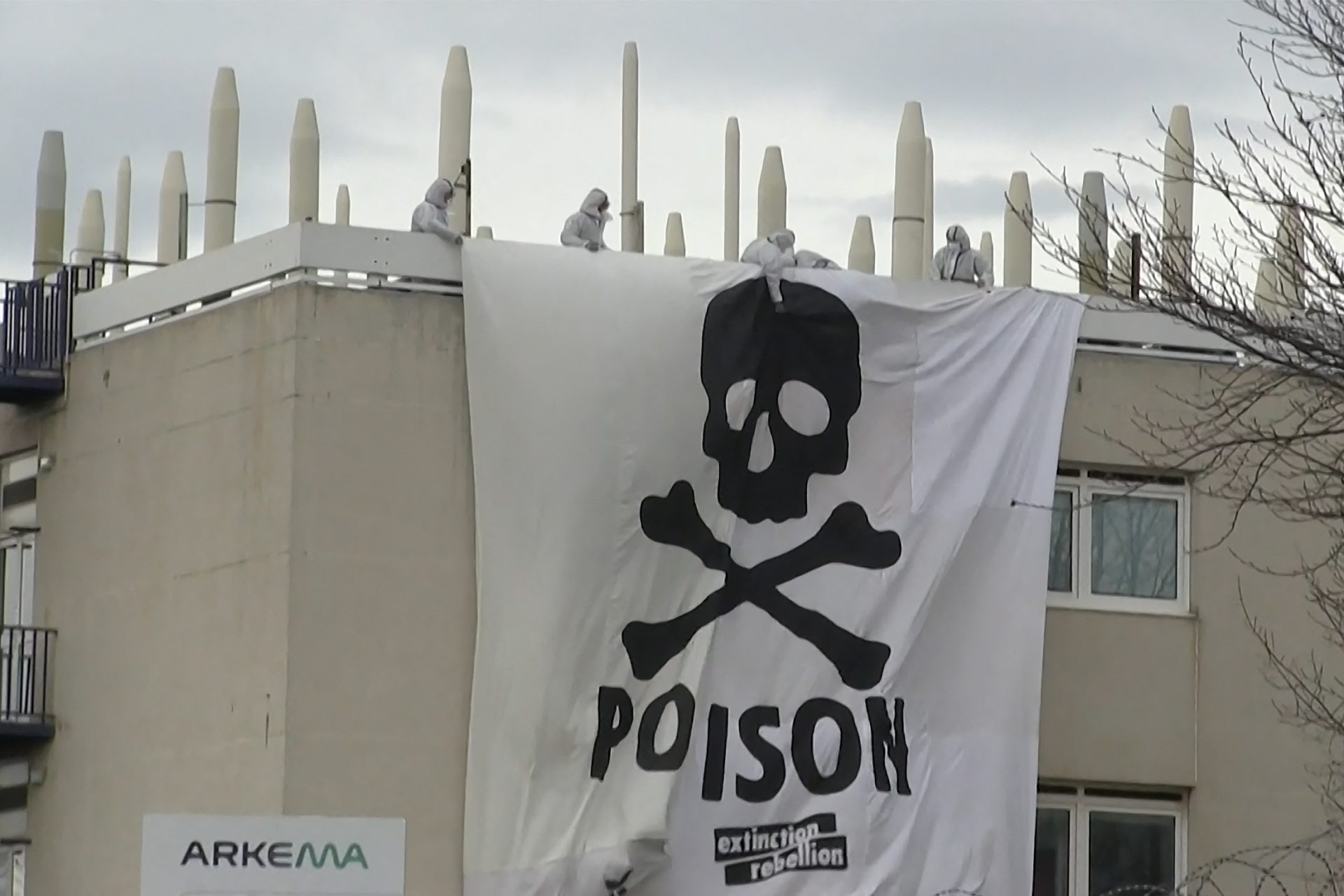If PFAS are so dangerous why haven't these chemicals been banned?
Odorless, tasteless, invisible, but dangerous to health. PFAS are suspected of causing cancer, infertility and suppressing the immune system. And once in the environment, they are hardly degradable. Nevertheless, they are present in countless everyday products.
PFAS chemicals are to be banned in the EU in the future. There has been a public hearing at the European Chemicals Agency (ECHA) since March 22, 2023, in which industry representatives, among others, can give their opinions.
PFAS is an acronym for Per- and polyfluoroalkyl substances. According to the latest estimates, this group of substances includes more than 10,000 different compounds. PFAS do not occur naturally and have only been manufactured since the late 1940's.
PFAS are water, grease and dirt repellent as well as chemically and thermally stable. Because of these properties, they are used in numerous consumer products such as cookware, paper coatings, textiles, ski wax and dental floss. In addition, PFAS are used for the surface treatment of metals and plastics, in plant protection products or fire extinguishing agents.
According to the German Federal Ministry for the Environment, Nature Conservation, Nuclear Safety and Consumer Protection, certain PFAS have also been shown to have adverse health effects in recent years, which in combination with their longevity is particularly worrying.
According to the consumer advice center, studies on larger population groups indicate that certain PFAS damage the liver, the hormone and immune systems and disrupt lipid metabolism, worsen the effectiveness of vaccinations, result in lower birth weight, reduce fertility or cause cancer.
Humans can ingest PFAS primarily through food and drinking water. They can be detected in soil, drinking water, animal feed and in various consumer goods. According to the latest information from the European Food Safety Authority EFSA, foods of animal origin are often contaminated with PFAS.
According to the Tagesschau, NDR, WDR and SZ, together with European media, showed for the first time in February 2023 that more than 17,000 locations in Europe are already demonstrably contaminated with PFAS.
In the picture: Soil sample PFAS in Bavaria.
PFAS are divided into short-chain and long-chain PFAS. Short-chain PFAS are extremely long-lived and are distributed in the environment via water in a very short time. Long-chain PFAS are also very persistent in the environment and in living things, and some PFAS accumulate in various organisms, including humans. This information is published by the Federal Ministry for the Environment, Nature Conservation, Nuclear Safety and Consumer Protection.
After effects on the immune system of infants were observed, the European Food Safety Authority EFSA recommended not to exceed a group-related tolerable weekly intake of 4.4 nanograms per kilogram of body weight as early as 2020.
The consumer advice center warns that it is usually not possible to tell whether a product contains PFAS, since in most product areas there is no labeling requirement for these eternal chemicals.
US environmental attorney Robert Bilott fears that industry in particular will use the public hearing to prevent the EU ban.
Bilott explained the argument to be expected to the NDR: "Namely, that these chemicals are indispensable for our society. They are contained in practically every product, in things that we need. It sounds something like this: Well, then you don't have any cell phones gone, no 5G networks, no life-saving medicines. That's the argument put to policymakers."
The US environmental advocate revealed how dangerous the PFAS group of chemicals is. He calls them "a threat to public health". He has been conducting lawsuits against chemical companies for over 20 years. His fight against the industry was portrayed in the film 'Dark Waters'.
In an interview with NDR, Bilott warned of the consequences for health: "This is about public health. A study was recently published that shows how many deaths, for example in the United States alone, could be attributed to PFAS since 1999: more than six million."
According to a study (GerES V study), more than 1,000 children examined throughout Germany were burdened with certain PFAS. A significant proportion of the children showed such high blood values that a health risk can no longer be ruled out with certainty. In this study, breast milk, contaminated drinking water and impregnation sprays were identified as causes. PFAS can also be detected in the blood of adults.
A ban is urgently needed, that is the opinion of the consumer advice center, which is also shared by other environmental organizations. It remains to be seen whether a complete ban will come. For the time being, the public hearing on the subject will continue until the end of September.
More for you
Top Stories






























